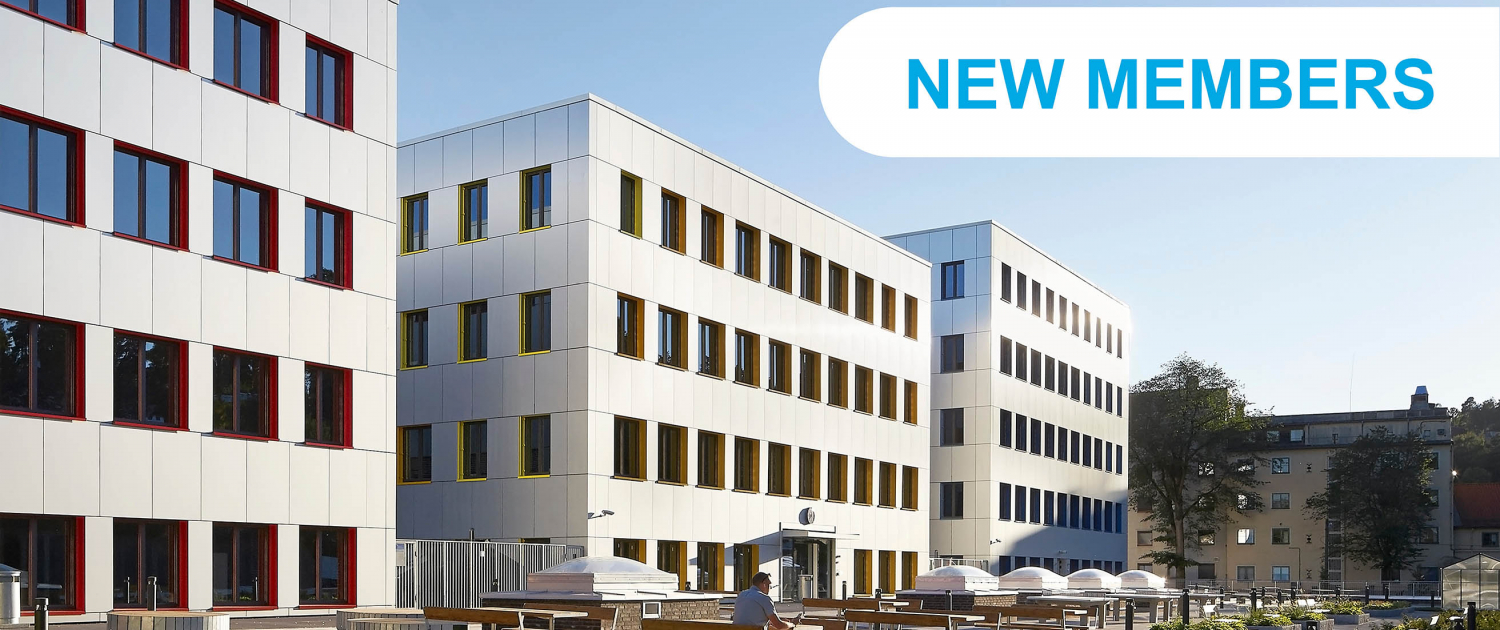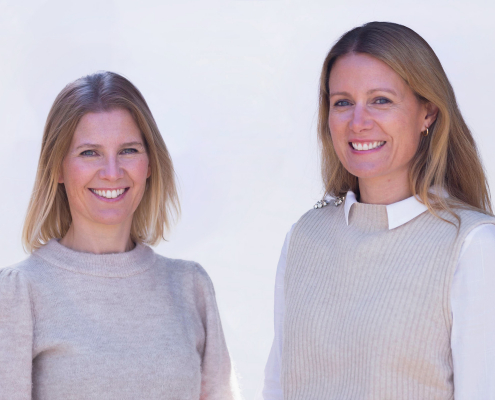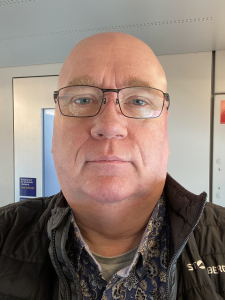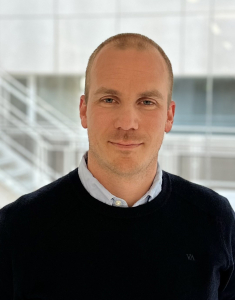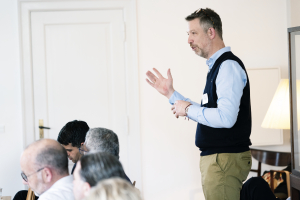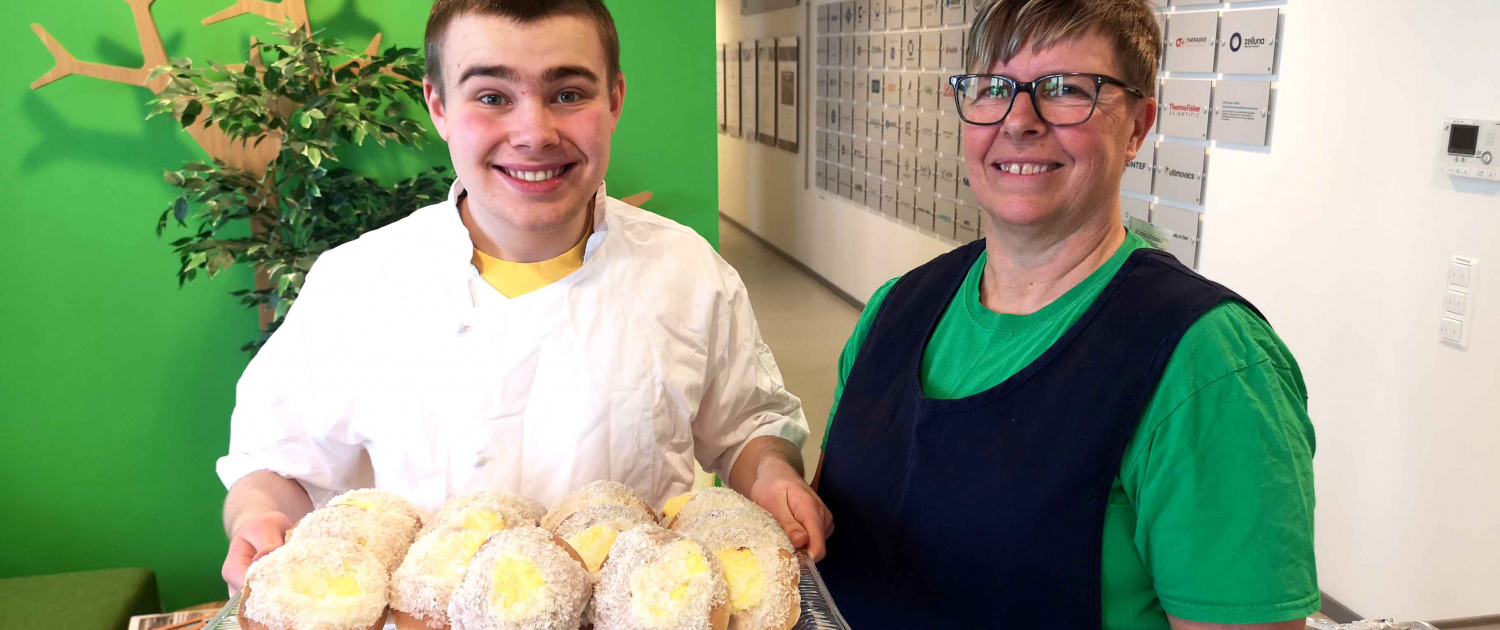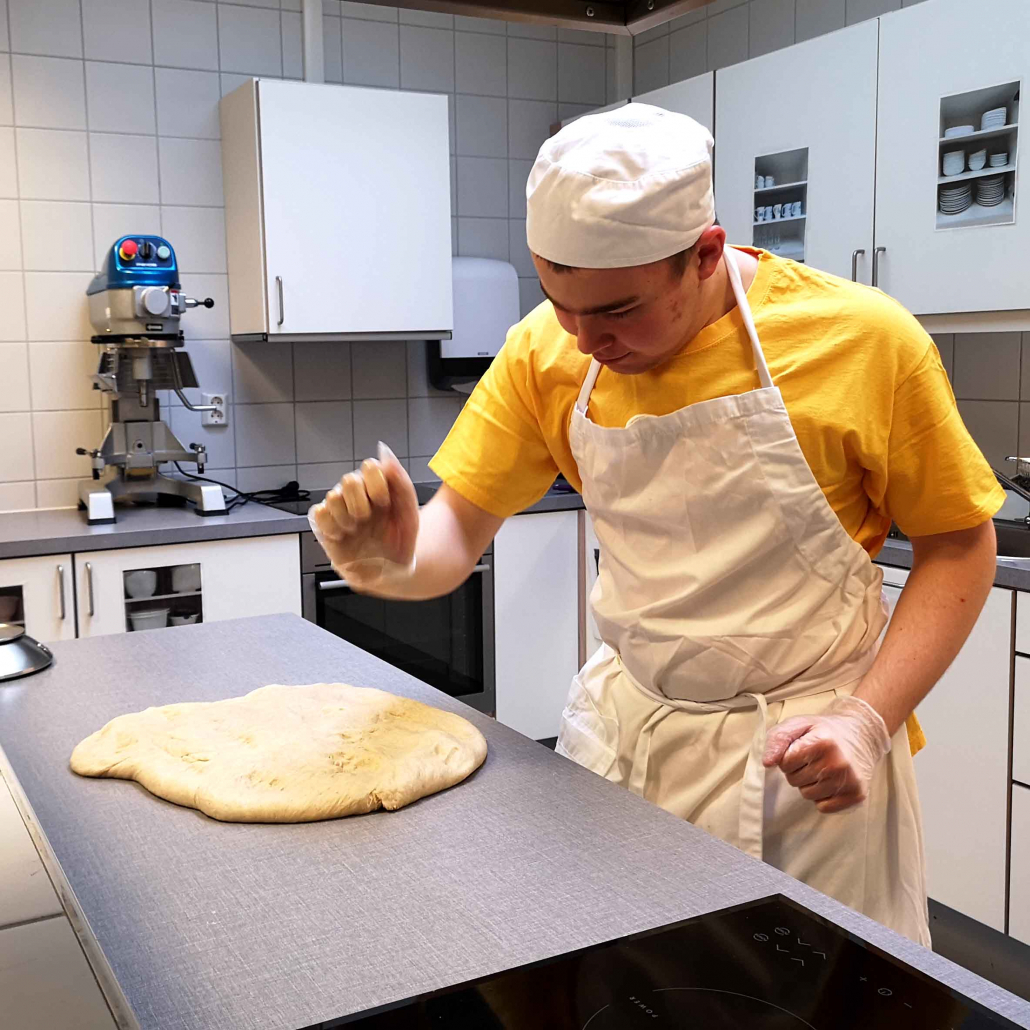Missions: a new way of doing politics
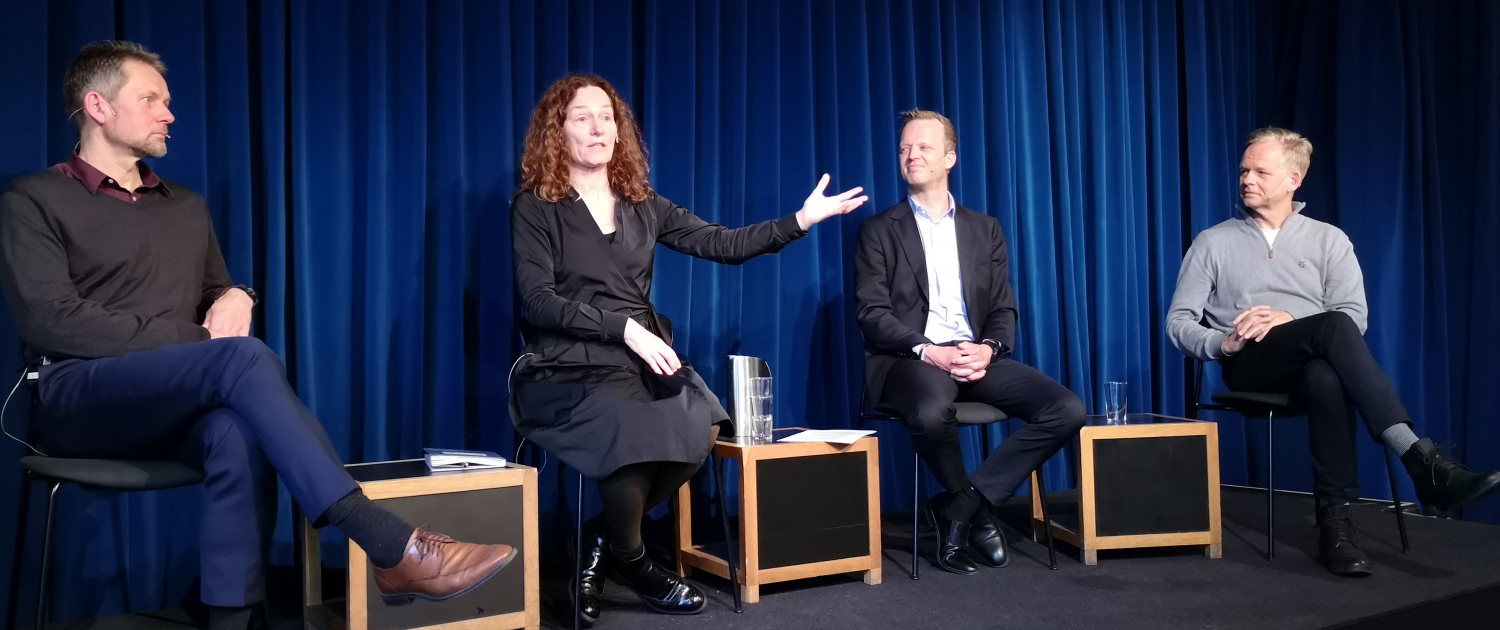
How can Norway succeed with the EU’s Mission on Cancer?
“This challenges the Norwegian way of doing politics,” commented Espen Solberg, Head of Research at NIFU – Nordic institute for studies in Innovation, Research and Education, at the recent breakfast meeting Fremtidens kreftbehandling about the Mission on Cancer.
“Politicians need to be bold, set goals and create a plan. They need to ask: where are we in three, four or five years? We don’t do this very much in politics. Politicians usually work in different fields. A mission requires all fields to work together,” continued Solberg.
The state as entrepreneur
The European Commission has set the ambitious goal of improving the lives of 3 million Europeans affected by cancer by 2023. This is the Mission on Cancer, one of five missions the European Commission has identified. Missions are a new way to bring concrete solutions to some of the greatest challenges of our time.
“This is a methodology that models a way to do public innovation, to solve problems that do not have a solution, and where you need to mobilise knowledge from different fields. All successful missions are characterised by concrete challenges to solve, for example technological, in a specific area. Cancer can obviously be one such mission,” commented Lars Peder Nordbakken, economist, Civita.
Both Nordbakken and Solberg agreed that the state needs to be the main driver and act as an active entrepreneur for a mission to be successful. All key players need to be involved and it is important to find the best competency in the area.
Should Norway find its niche?
Camilla Stoltenberg has led the Norwegian Institute of Public Health through the corona pandemic, a kind of mission in its own right.
“In my opinion, cancer treatment is too narrow. I think that if we are to succeed in Norway, prevention and promoting health are the most important things to do. We have better preconditions to assert ourselves internationally in these two areas and I believe we can do a fantastic job if we focus on them,” commented Stoltenberg.
Leif Rune Skymoen, CEO of the Norwegian Pharmaceutical Association, emphasised the value of focussing on cancer treatments and diagnostics.
“The industry will be an important contributor of competency, investments and tools in diagnostics and treatments to fight cancer. Cancer is a field where Norway has very good research environment and strong companies developing future cancer treatments and diagnostics. The Cancer Mission presents opportunities such as funding and new partnerships, which will be positive also for Norway,” commented Skymoen.
Where is the political vision?
With a new national cancer strategy underway, the question on everyone’s minds is: are the politicians indeed bold, with set goals and a clear plan? The politicians themselves think there is still a way to go.
“We are not good enough at connecting to these opportunities. The most important thing we do is to take advantage of what is happening on an EU level, both for research and industry. This challenges the way we do politics,” said Truls Vasvik, Arbeiderpartiet (Norwegian Labour Party).
“We need to discuss how Norway in the best way can get a strong connection to EU’s Mission on Cancer. The point of missions is to connect to the process, not just sit and wait for the results. It is not just about funding schemes, but a comprehensive investment. We need a more thorough discussion about how we as a society connect to this,” said Alfred Bjørlo, Venstre (Norwegian Liberal Party).
A national hub
Norway is already involved in the EU Mission on Cancer through different funding programmes, for example Horizon Europe and EU4Health, as well as through a national mission hub.
“The Missions methodology breaks down the sectorial approach and forces us to collaborate across health, research, education, and industry. It also contributes to faster implementation of research. It can also create public engagement and enthusiasm among the public,” said Ole Alexander Opdalshei, deputy secretary general, Norwegian Cancer Society.
“Together with Oslo Cancer Cluster, the Norwegian Research Council and other key players, we have put together a national hub so the developments on a European level also will benefit Norwegian cancer patients. We connect different milieus and create new constellations for collaboration,” continued Opdalshei.
Read more about the Norwegian Cancer Mission Hub
Fremtidens kreftbehandling is a political meeting series organised by Oslo Cancer Cluster, LMI – Legemiddelindustrien and Kreftforeningen, with support from AstraZeneca Norway, MSD Norway and Janssen Norway. Please save the date for our next meeting in Arendal on Tuesday, 15 August 2023, 08:00-09:00, at Clarion Hotel Tyholmen.
The post Missions: a new way of doing politics first appeared on Oslo Cancer Cluster.

